Specter of Not-Enough and Connection
“The deepest human longing is to be fully known and fully loved. The greatest human fear is to be fully known and unloved. And so the human experience that we tend to settle for is to be unknowable and therefore unlovable.”
— Tyler Staton
Hellllloooooo Practitioners,
"There's something wrong with me..." that was my constant refrain to my therapist. He'd ask: why are you here? how are you? what's new? And I’d answer: "there's something wrong with me..."
I felt haunted by that "something". And it felt wrong because I believed it was unique to me which made it unbearable and isolating. Now, I understand this shadow as something peculiarly and universally human. Let’s call it "the Specter of Not-Enough".
The Specter of Not-Enough might seem less daunting than the Monster of More and less worrisome than the Hounds of Hurry, but the vague sense of incompleteness is unsettling, anxiety inducing, and opens the door for other modern monsters.
The nagging not-enough-as-I-am leads to consumerism, distraction, and escapism. To a certain degree, we're all addicts. Whether it’s socially acceptable - the phone, social media, working out, gadgets, netflix, caffeine, alcohol, achievement - or potentially shameful - opiates, money, opulence, sex, pornography, power.
My not-enough-ness shows up in forever seeking more education, constantly craving growth and expansion, sharpening my routines, harnessing structure for control, and yes, my practices get highjacked. I have used yoga-asana, meditation, and spiritual disciplines to feel “enough” just like others have used money, fame, accolades, or appearance.
Question: Where does “not-enough” show up for you? What do you do to shake this Specter?
Better Question: Is it working?
Here’s the good and bad news about this sense of not-enough-ness: spiritual traditions see it as innately and inherently human. So the good news is it’s not just you. And the bad news is… it’s not just you.
The Yoga Tradition says that pure consciousness descends into human form and is “cloaked”. A by-product of this obscuring of your divinity is a nagging sense of lack and incompleteness (Anava Mala).
Similarly, when describing the Fall in Genesis, Tyler Staton says, “a perfect view of the self was replaced by insecurity, anxiety, self-consciousness. And perfect union between people relationally is replaced by perfecting, pretending, presenting, self-interest, self-obsession.”
All spiritual traditions see this “hole in the soul” as a clarion call back to Spirit. When (not if!) we attempt to fill this void with anything other than Spirit, we suffer. This is the Buddhist concept of “Duhkha” which Alan Watts sums up as "the chronic frustration that comes from trying to solve unsolvable problems". Or the good ol’ round-peg, square-hole analogy.
A breakthrough in my story of “something’s wrong with me” came not in my therapist’s office but on the yoga mat. I realized I was painfully self-conscious. Like mildly embarrassed, much of the time. I couldn’t truly try or fully participate in practice/life/relationships because of it. I was afraid of being seen. I was even more afraid of being known and being found to be lacking. This was a prison of its own. Isolating. Lonely.
And that’s what the Specter of Not-Enough does to us. It isolates. A sad cycle begins: Inside the protective shell of isolation, there is comfort and control. Outside the controlled cocoon, you feel fragile, thin-skinned, unskilled. The world becomes sharp and “a lot”.
But without community and connection, humans tend to go a little bit crazy. In fact, loneliness and isolation makes us sick. The data on this is almost endless. Here are some gems:
The UK prime minister called loneliness "one of the greatest public health challenges of our time." (more here)In his book, Loneliness: Human Nature and the Need for Social Connection, John Cacioppo wrote "we found that loneliness somehow penetrated the deepest recesses of the cell to alter the way genes were being expressed."Julianne Holt-Lunstad, PhD, a professor of psychology and neuroscience at Brigham Young University, found lack of social connection heightens health risks as much as smoking 15 cigarettes a day or having an alcohol use disorder. She’s also found that loneliness and social isolation are twice as harmful to physical and mental health as obesity. She says "being connected to others socially is widely considered a fundamental human need—crucial to both well-being and survival."(Perspectives on Psychological Science , Vol. 10, No. 2, 2015).
If we respond to the dull ache of not-enough by isolating, we will forever be haunted. However, with awareness, this Specter becomes more like a shadow. Still with us, but instead of spooking us into running and hiding, it reminds us of our aliveness, our human-ness, our need for connection.
So. Here is your invitation to practice: when you feel the sense of not-enough-ness or held back by self-consciousness, remember the antidote of connection. Rather than retreat and isolate; reach out, lean in, hug someone. This is a universal, spiritual need. It’s a challenge and an opportunity. It’s radical and rebellious practice.
May your practice bring connection,
Alison
Love this? Please share with your favorite free spirit.

